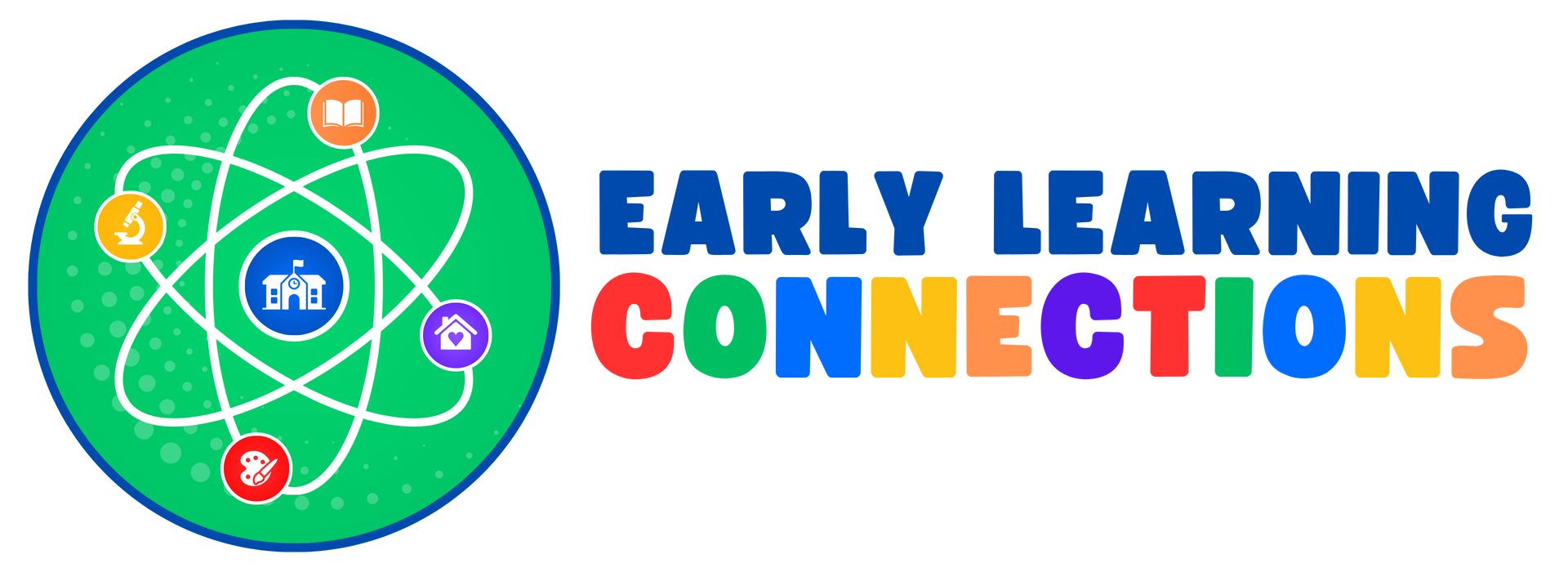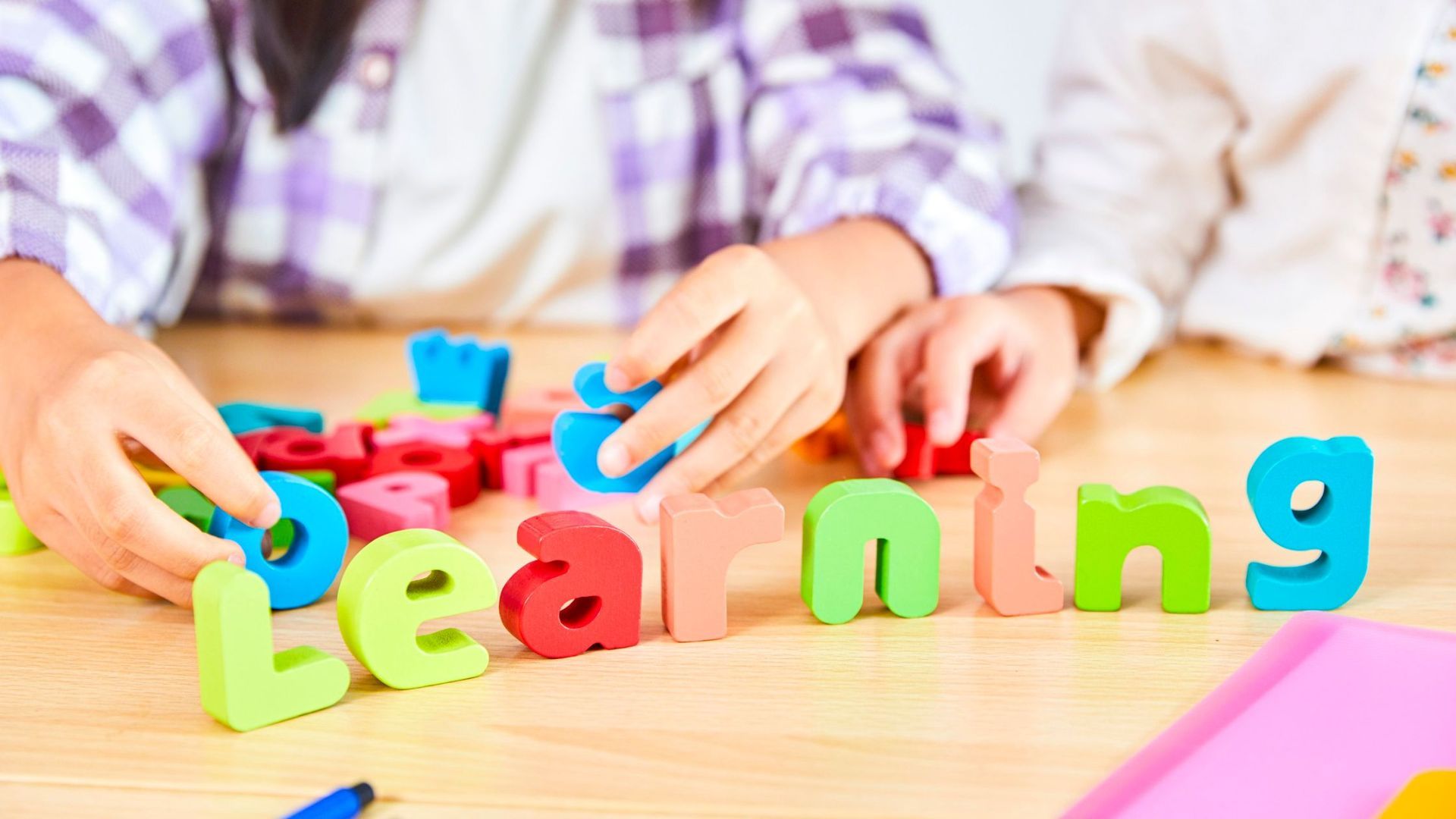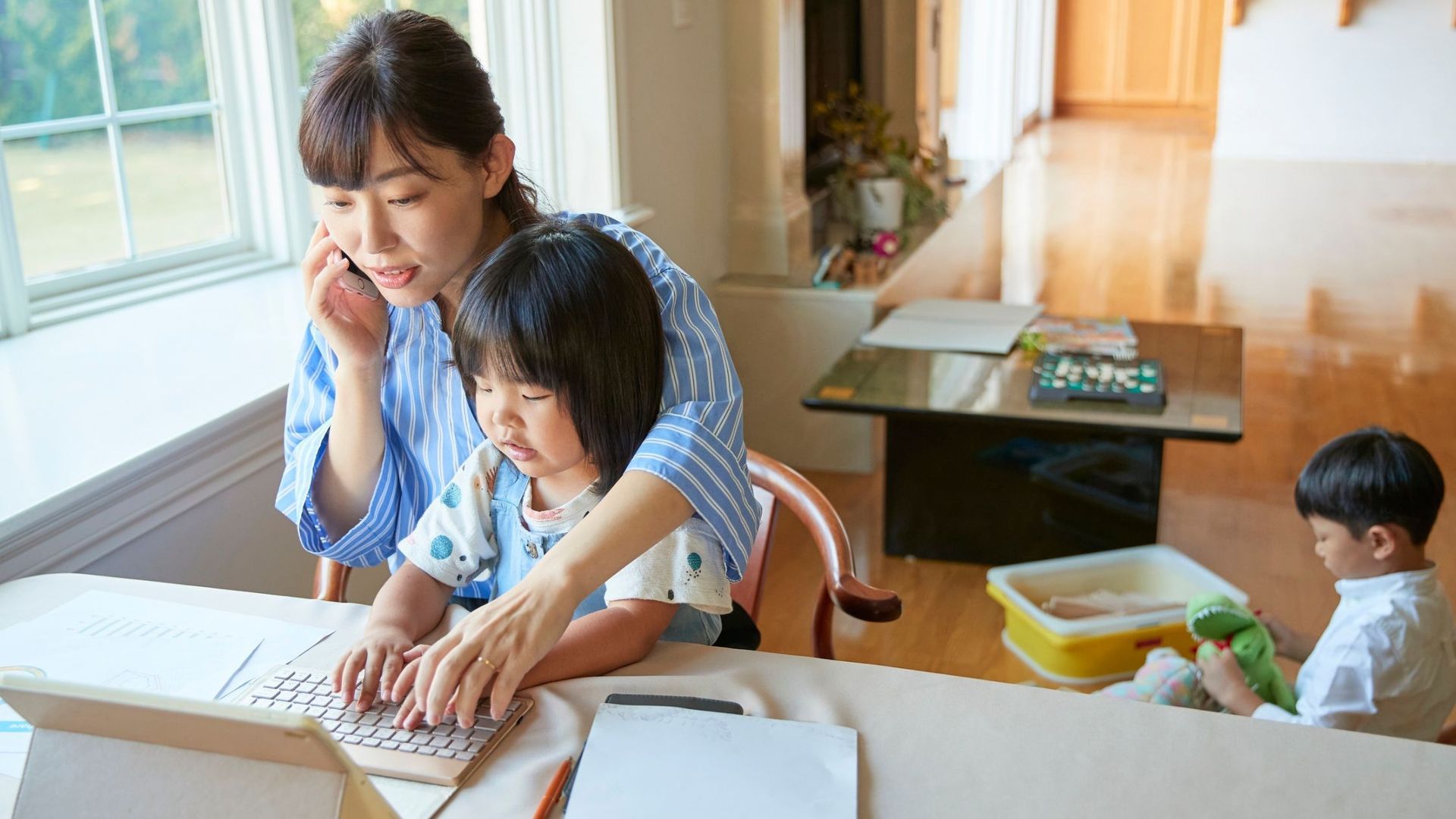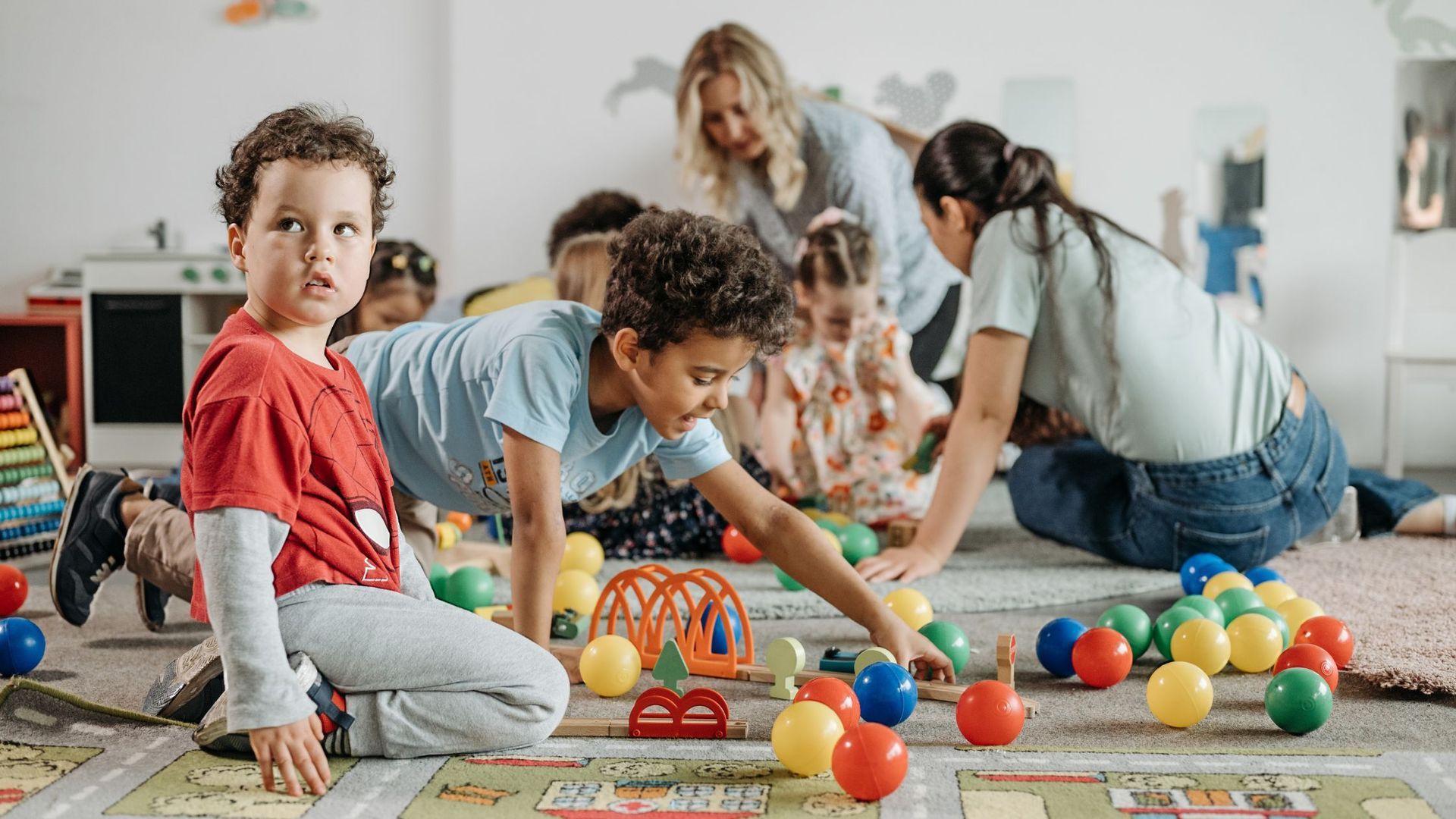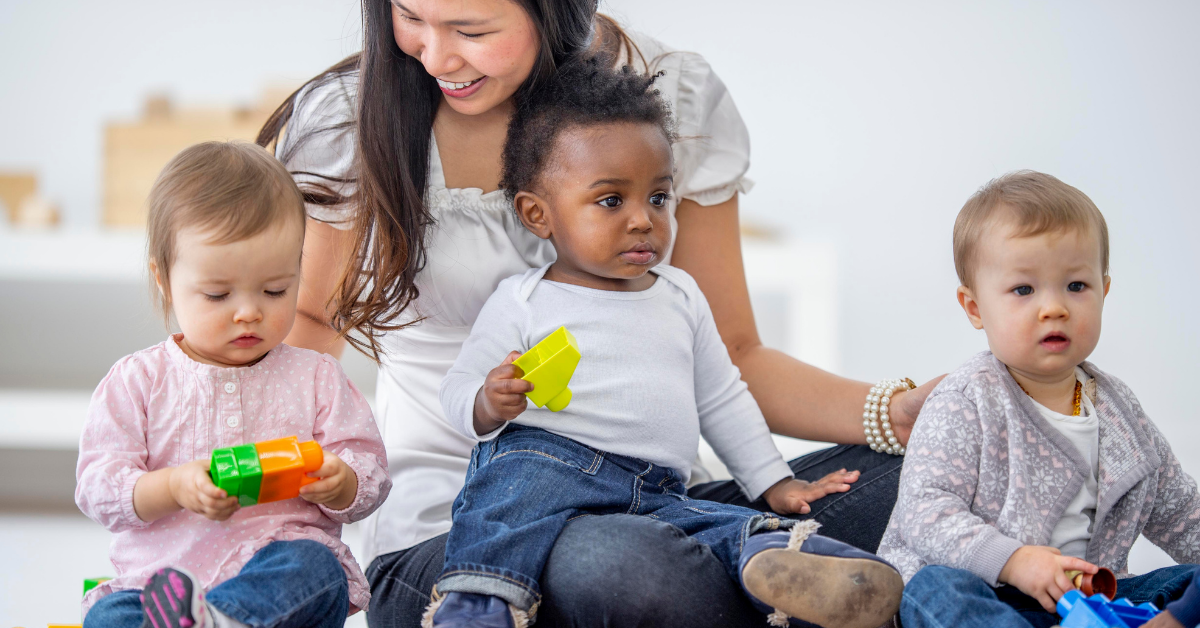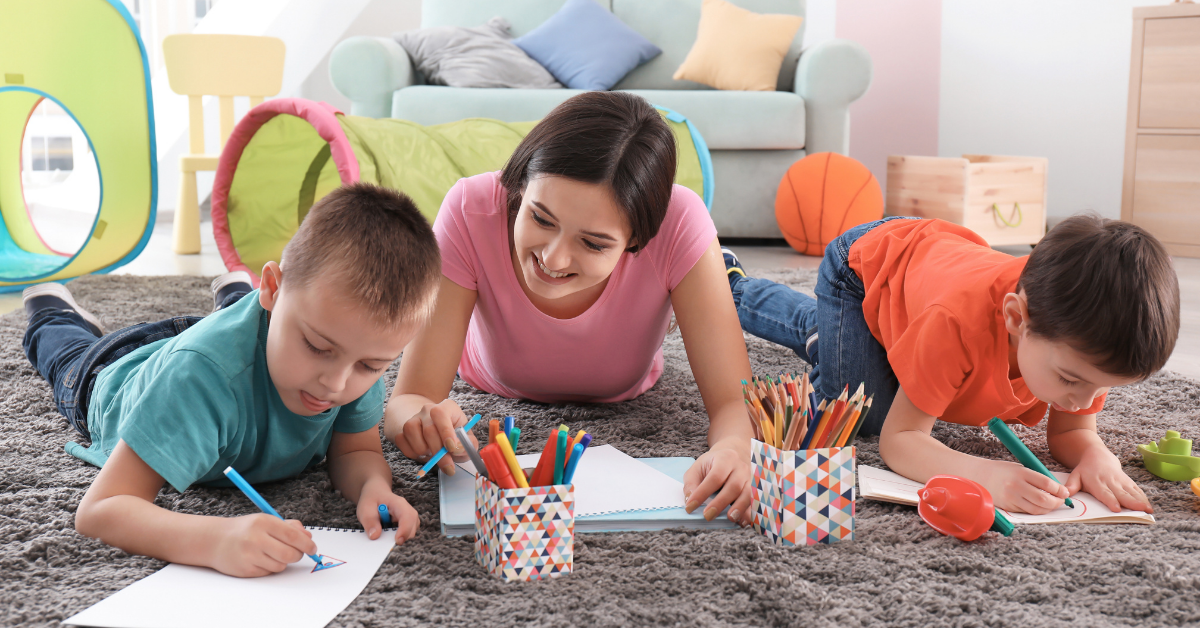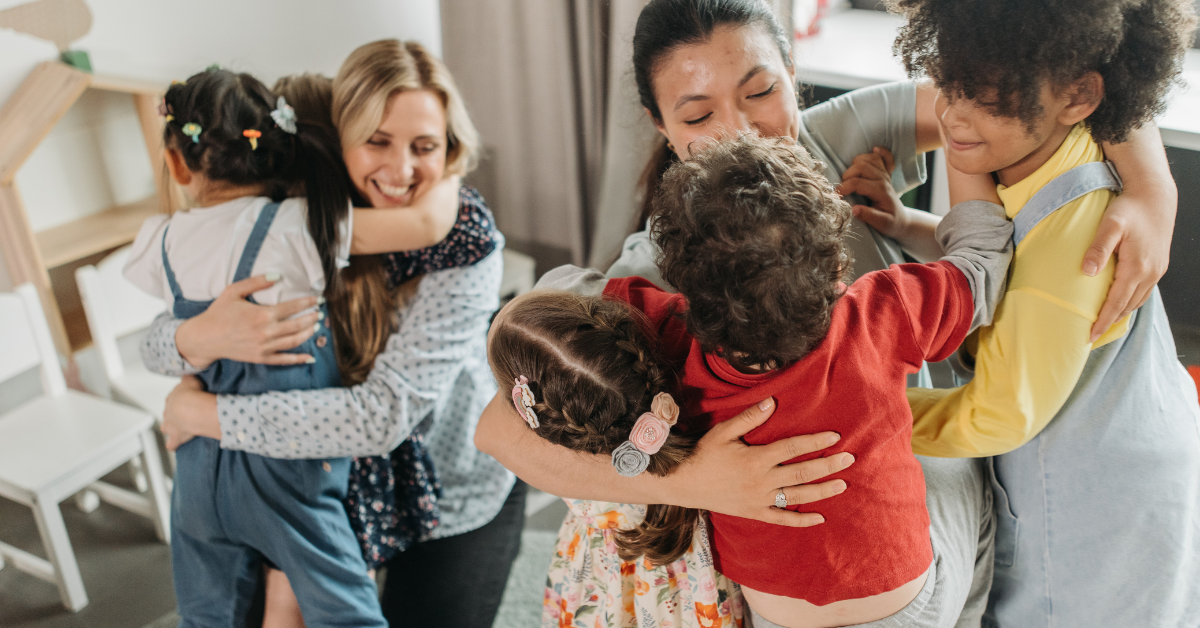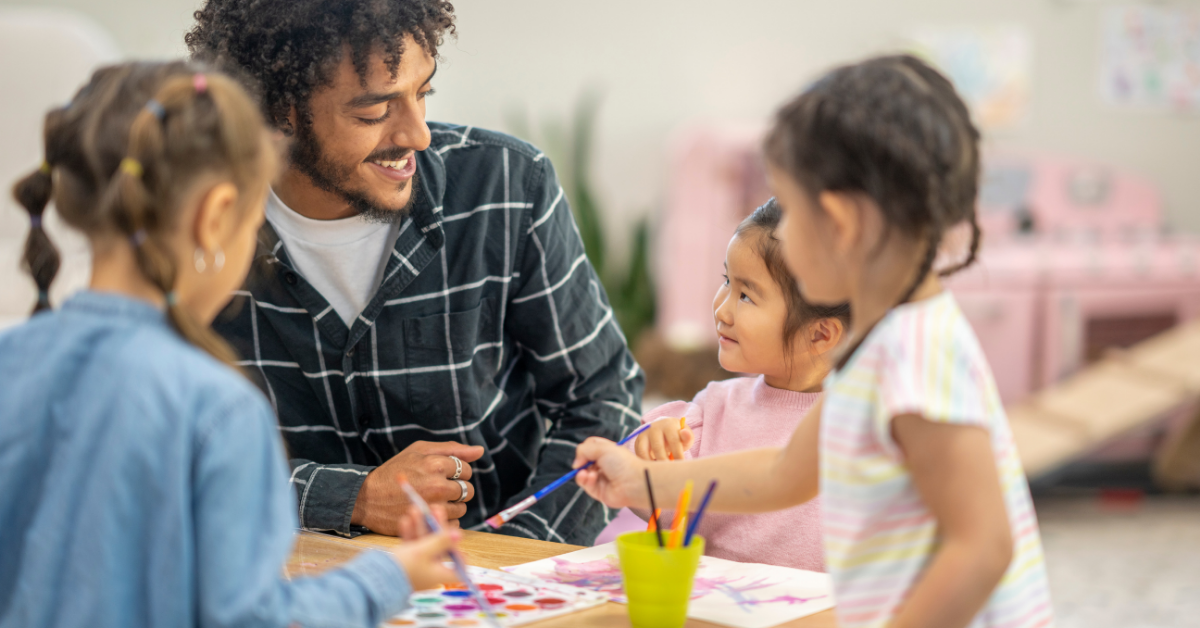How Music Enhances Early Childhood Learning
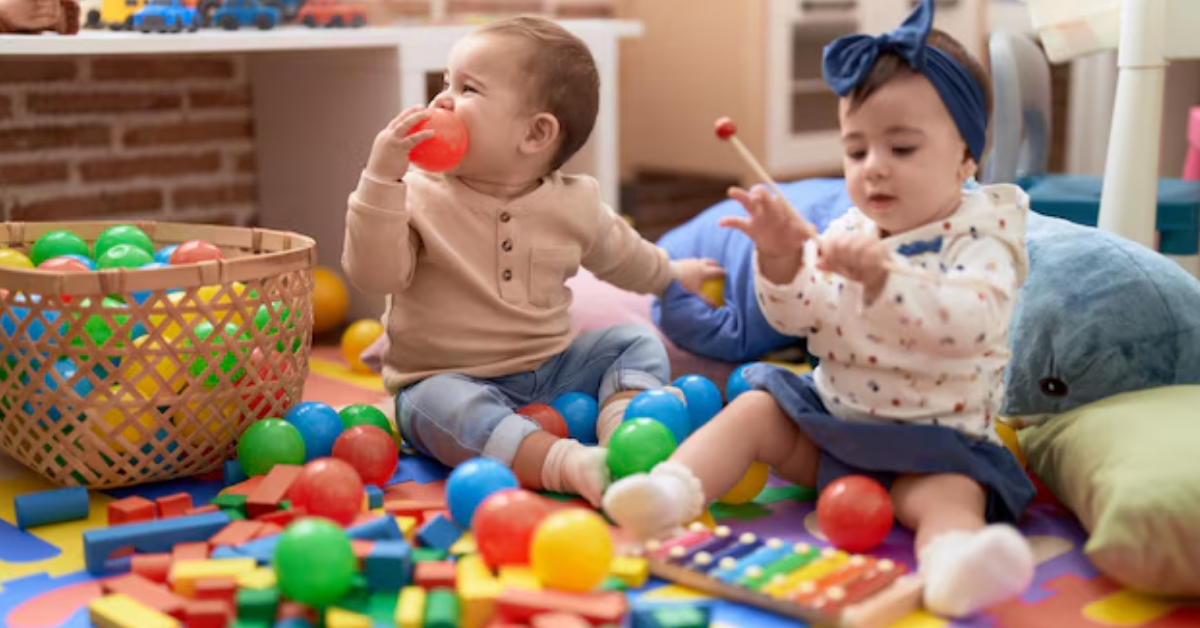
Music plays a crucial role in early childhood learning, providing a fun and engaging way for young children to develop essential skills. From language acquisition to emotional regulation, musical activities stimulate brain development and encourage social interaction. Whether through singing, dancing, or playing instruments, integrating music into a child’s daily routine can have lasting benefits. Here’s a closer look at how music enhances early childhood learning and ways to incorporate it into everyday activities.
Boosting Language and Communication Skills
Music naturally supports language development by exposing children to new sounds, rhythms, and vocabulary. Singing nursery rhymes and simple songs helps children recognize patterns in speech, improving their phonemic awareness—the ability to hear and differentiate sounds in words.
Repetitive lyrics in songs reinforce vocabulary and sentence structures, making it easier for children to remember and use new words. Interactive songs that require responses, like “Old MacDonald Had a Farm” or “If You’re Happy and You Know It,” also enhance communication skills by encouraging participation.
Enhancing Cognitive Development
Studies have shown that musical activities stimulate multiple areas of the brain, strengthening memory, attention, and problem-solving skills. Learning to keep a beat or follow a melody helps children improve their ability to focus and process information.
Music also introduces basic mathematical concepts. Counting beats, recognizing rhythms, and understanding tempo help children develop an early foundation for numeracy skills. Clapping along to music or playing percussion instruments reinforces concepts like sequencing and patterns, which are essential for logical thinking.
Encouraging Emotional Expression and Regulation
Music provides children with an outlet to express their emotions in a safe and creative way. Different types of music can evoke various moods—upbeat songs can encourage excitement and energy, while slow, soothing melodies can promote relaxation and calmness.
By listening to and participating in music, children learn to identify and manage their emotions. Singing about feelings, dancing to different tempos, or using music as a tool for mindfulness can help young children regulate their emotions and develop emotional intelligence.
Supporting Social Skills and Cooperation
Music is a highly social activity, promoting interaction and cooperation among children. Singing in groups, dancing together, and playing instruments in an ensemble teach children the importance of teamwork and taking turns.
Participating in musical activities also helps children develop listening skills. When children sing along to songs or play instruments together, they learn to pay attention to timing, volume, and coordination with others. These skills are essential for effective communication and collaboration in social settings.
Improving Motor Skills and Physical Coordination
Music naturally encourages movement, helping young children develop both fine and gross motor skills. Clapping, tapping, and playing small instruments like tambourines or maracas enhance fine motor coordination, while dancing and moving to the beat strengthen gross motor skills.
Action songs that involve gestures, like “The Wheels on the Bus” or “Head, Shoulders, Knees, and Toes,” support body awareness and coordination. These activities not only make learning fun but also contribute to a child’s overall physical development.
Fostering Creativity and Imagination
Music sparks creativity by allowing children to experiment with sounds, rhythms, and movement. Whether through improvising a song, making up a dance, or playing an instrument in a unique way, musical activities encourage self-expression and imaginative thinking.
Encouraging children to create their own songs or rhythms helps them develop problem-solving skills and confidence in their creative abilities. This sense of creativity can extend beyond music, influencing other areas of learning and play.
Ways to Incorporate Music into Daily Learning
- Sing Throughout the Day – Use songs for daily routines, such as getting dressed, cleaning up, or transitioning between activities.
- Introduce Musical Instruments – Let children explore simple instruments like drums, xylophones, or shakers to develop coordination and rhythm.
- Dance and Move – Encourage movement-based activities that involve dancing, jumping, or following music-based games.
- Listen to a Variety of Music – Expose children to different genres and styles to expand their auditory experiences and cultural awareness.
- Create Personalized Songs – Make up songs using familiar melodies to teach concepts like numbers, letters, or emotions.
Music provides a creative way for children to express kindness and empathy, as singing together and sharing musical experiences foster emotional connections. Discover more ways to nurture kindness and empathy in young children.
Positive reinforcement can enhance a child's love for music, encouraging them to explore sounds, rhythms, and self-expression with confidence. Learn how encouragement supports child development.
Conclusion
Music is a powerful tool that enhances early childhood learning in multiple ways. From strengthening language and cognitive skills to promoting social interaction and emotional well-being, musical experiences play a fundamental role in a child’s development.
By incorporating music into daily routines, parents and educators can provide a rich, engaging learning environment that supports a child’s growth in fun and meaningful ways.
